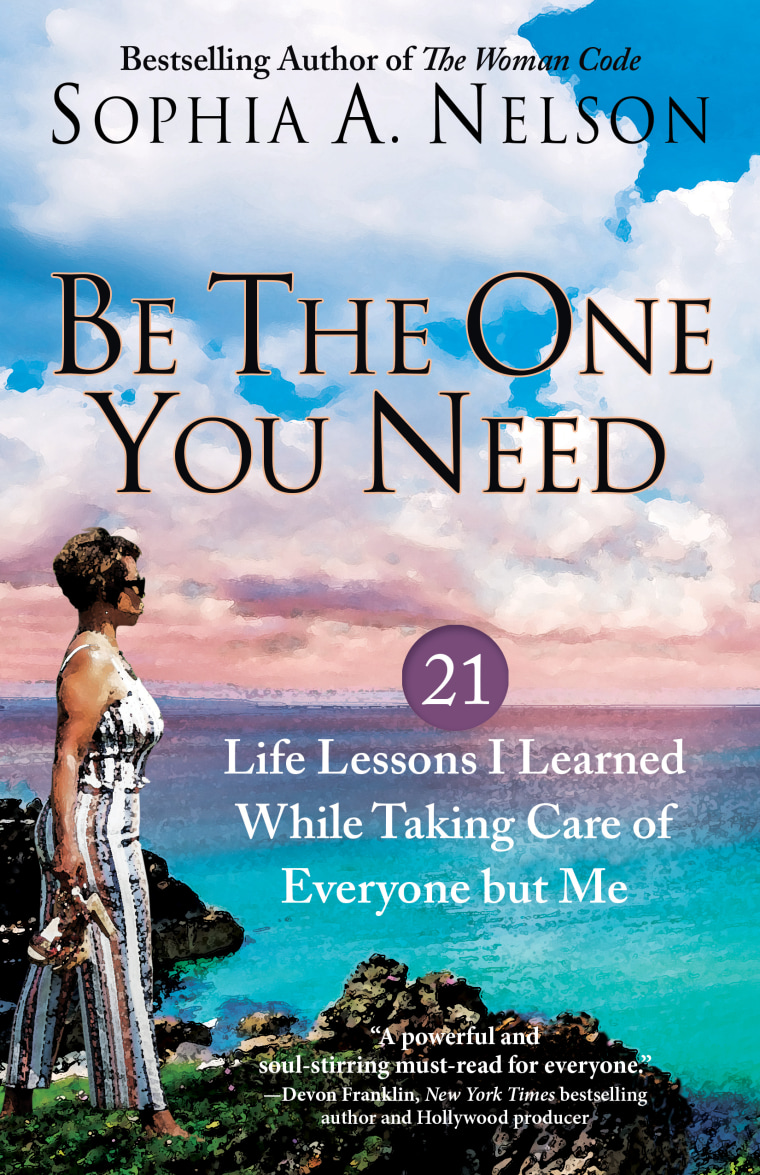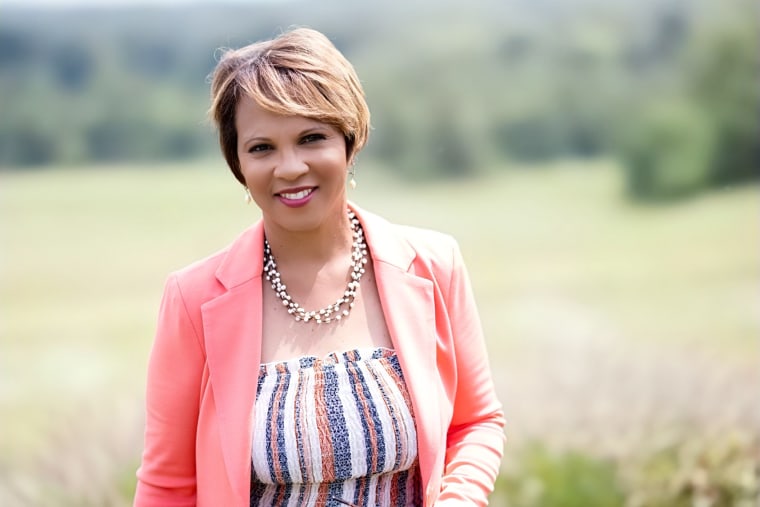Let’s face it, it’s a difficult time to be a woman. Emotionally. Relationally. Professionally. And dare I say on a deeper level, spiritually.
For me, I damn near had a literal nervous break-down from emotional exhaustion and Covid-19 complications from spring through the fall of 2020. I was recovering from a severe lung infection that I got while traveling to Louisiana for a conference. I was also caring for a sick parent at home with a serious neurological medical condition.
I am the eldest child. The only daughter. And you know what that means, right? I am the one who is responsible for everyone and everything. I am the family fixer and the family rock. Yet, I have always struggled to prioritize myself.
Yes, I exercise. Yes, I have great friends and a personal life. But I, like too many of you, simply neglect my own wants, desires and needs. I’m often afraid to meet my own needs first, for fear I will be viewed as selfish or not a good, caring person. All of that changed when I got a second Covid-19 infection this past August. I wrote about it for Know Your Value and talked about how we all need to make better decisions when it comes to managing our physical and mental health during the pandemic.
I’m not alone in my struggles. Amid Covid-19, women (who are the primary health care workers, educators, child and elderly care providers as well as service industry professionals in America) left the workforce in record numbers due to the age-old conflict of trying to balance both career and family. And many did so because they simply had no choice.
According to a February 2022 report from the Society for Human Recourse Management, nearly 2 million fewer women are in the labor force as a direct result of the pandemic’s impact.
I think women being caregivers is a big part of this, sure, but I think it’s also because we are looking for something deeper and more meaningful in our work and in our relationships. The pandemic has forced many of us to wake up to our own mortality and fragility as human beings. We want to give ourselves permission to feel how we feel and do what we want for ourselves. And that can be hard in a world that still demands that women be all things to everyone but ourselves.

As we now try to slowly come out of this pandemic, many women are dreading returning to the brick-and-mortar workplace. For many of us, it’s a place that feels limited, one where we feel forced to conform to male-dominated leadership structures and good old boy office politics. And many of us feel we must prove our womanly gravitas by grinding ourselves into the ground non-stop 24/7.
I lived that way too, until the past two years.
Looking back, many of our pre-Covid workplaces lacked good old fashioned “emotional intelligence”— compassion and empathy — and there was zero focus on our collective well being. But something has shifted. I feel it. You feel it.
So, the question is what can we do about it? How do we learn to take better care of ourselves and rise above during this earth-shaking moment and live to tell a better tale for the generations to come?
For me, it started by taking my power back from all the people I had given it away to over the years. It started with me asking myself three important and life-changing questions:
1. What do I want?
2. What do I need?
3. How am I feeling?
By asking myself these three simple, but deep questions, I gave myself permission to start taking care of myself first, which in turn has made me a healthier and happier person. It has also allowed me to be able to tend to the needs of others that I love. I am in my mid-50s now, and life feels different on the other side of 50. You want deeper, more soulful, more honest, reciprocal relationships.
The good news is that in the past two years, employee well-being and mental health are not part of the “best business practices” agenda. For the most part, business leaders are actively engaged in the well-being of their employees.
I recently had a chance to speak at the world’s largest human resources conference, SHRM. I spoke to a packed audience of mostly women for sure, but I was stunned at the number of men who attended the session, who stayed, took notes, and came to speak with me after. People shared their anxiousness with me. It stemmed from everything including our corrosive political climate, war abroad, our families being hit daily with the challenges of inflation, the lack of baby formula, and the cost of gas to fill-up the family minivan.
So how do we move forward?
The answer lies in the three questions that I mentioned that you must dare to ask yourself often. Ask yourself quietly or discuss them out loud with your partner or friends. Share them. Encourage others in your life circle to ask the questions too.
My life changed and is changing dramatically for the better because I shifted from constantly asking “What is wrong with me?” to asking “What do I need? How am I feeling? What do I want from my life?”
It may seem simple. That’s because it is. You will never have the life you want until you begin to take care of yourself first – and you stop making excuses as to why you cannot or should not. There is a way forward, and it starts with you. We can never change other people. So, let that go. Instead, focus all of that love, care and investment on YOU. And watch what happens to you and your life.
Sophia Nelson is the author of the new book “Be the One You Need: 21 Life Lessons I Learned Taking Care of Everyone But Me.”
